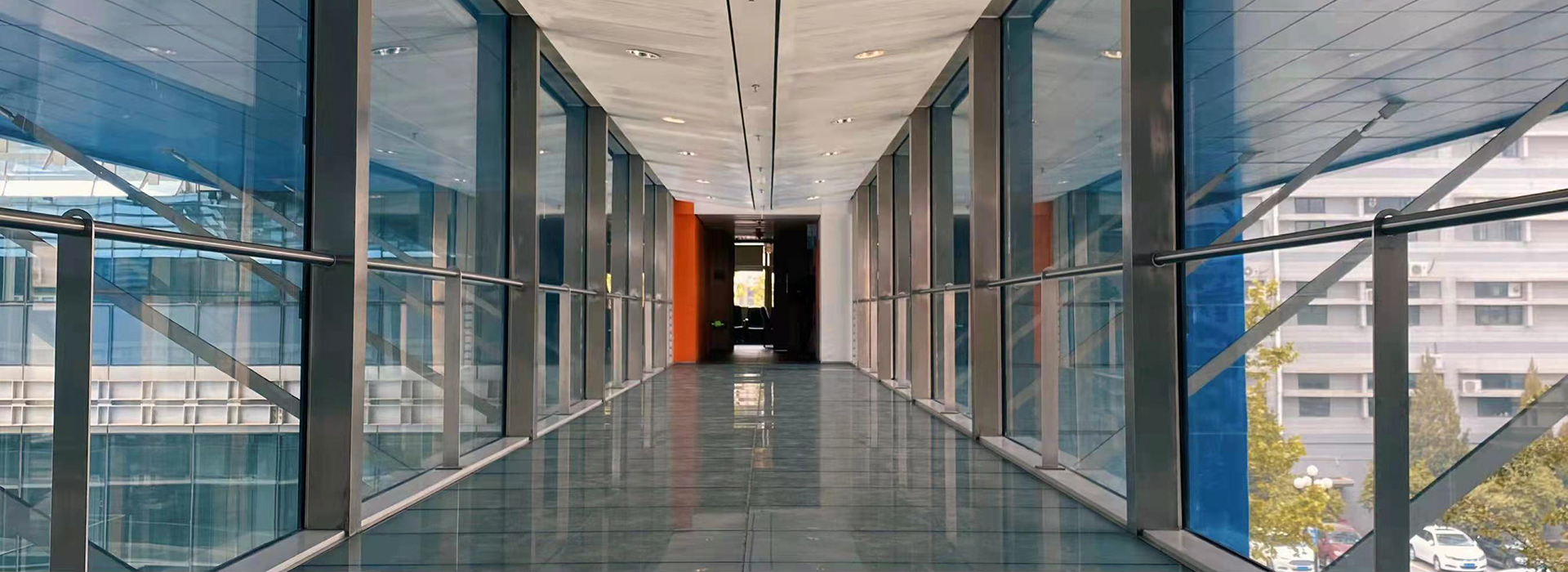The 2023 meetings of the Conferences of the Parties (hereinafter referred to as “COP”) to the Basel, Rotterdam, and Stockholm Conventions (hereinafter referred to as “BRS Conventions”) convened in Geneva, Switzerland, from May 1-12, attracting around 2,000 delegates from more than 160 countries. As members of the Chinese delegation, TAN Quanyin, assistant professor of School of Environment, Tsinghua University, ZHAO Nana, assistant director of the Basel Convention Regional Centre for Asia and the Pacific (hereinafter referred to as “BCRC China”), and ZHANG Yujiao, research assistant of BCRC China, participated in the meetings. Following 11 days of intense negotiations, the plenary successfully deliberated and adopted the Technical guidelines on the environmentally sound management of plastic wastes (hereinafter referred to as the “Technical guidelines”).
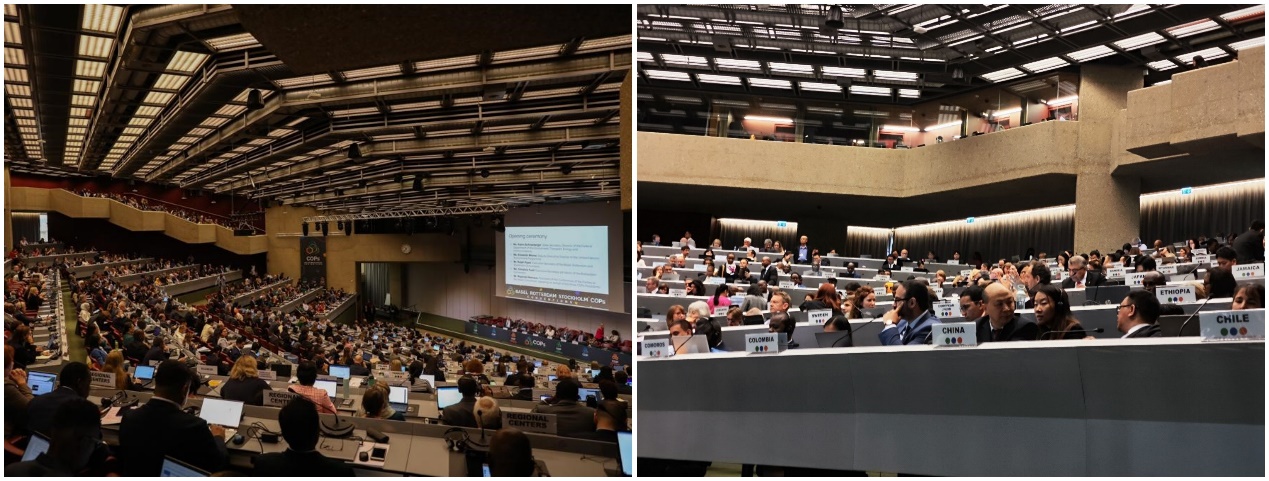
Scene of the Conference of the Parties
In the global arena, plastic pollution has risen to a prominence comparable to climate change. Garnering significant international attention, the Technical Guidelines has undergone its revision since 2019. China, Japan, and the United Kingdom jointly led the work, with ZHAO Nana, on behalf of the Chinese government, sharing responsibility for the revision alongside counterparts from Japan and the UK. Over the four-year revision period, the Small Intersessional Working Group (SIWG) conducted four rounds of formal meetings, engaging in thorough discussions and consultations on the revised draft. The updated guidelines comprehensively address the environmentally sound management of plastic wastes, covering aspects such as plastic types and characteristics, relevant provisions of international conventions on plastic waste management, as well as the guidance during the entire process of waste prevention and minimization, identification and inventories, recycling, energy recovery, and final disposal. The Technical Guidelines underwent scrutiny at two meetings of the COP and two meetings of the Open-ended Working Group to the Basel Convention. During the COP, TAN Quanyin and ZHAO Nana, representing the co-leading country, provided scientific and technical perspectives to address differences among parties regarding the guidelines’ contents. Ultimately, on the evening of May 12, 2023, at the International Conference Centre in Geneva, Switzerland, the 16th meeting of the Conference of the Parties to the Basel Convention formally adopted the Technical Guidelines. The Executive Secretaries of the secretariats of the BRS Conventions, along with representatives of the regions, expressed sincere gratitude for the leading countries’ diligent efforts, acknowledging the guidelines as a positive contribution to plastic waste management and environmental protection worldwide.
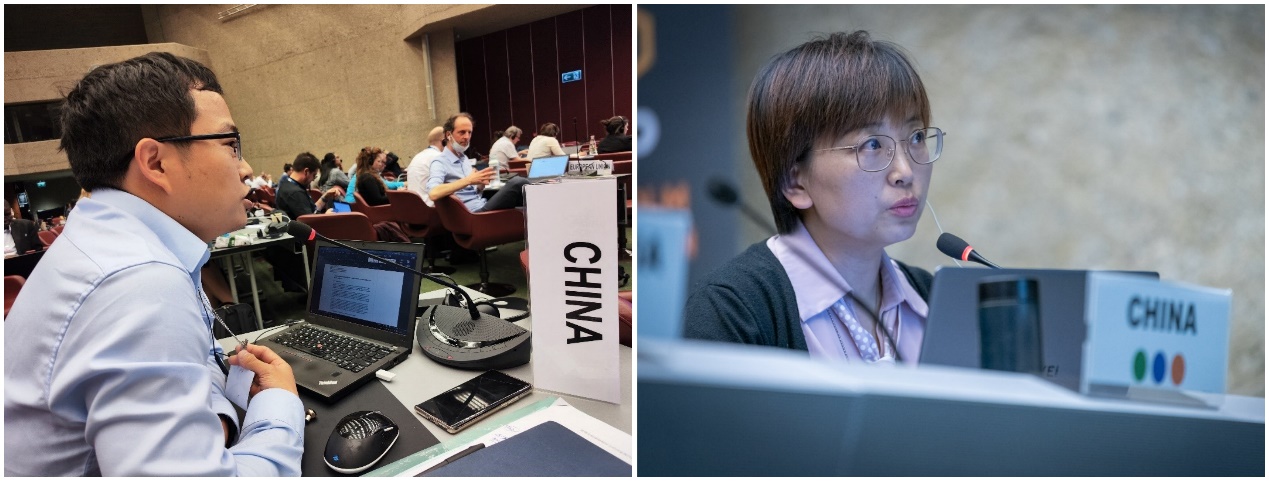
TAN Quanyin and ZHAO Nana spoke during the session.
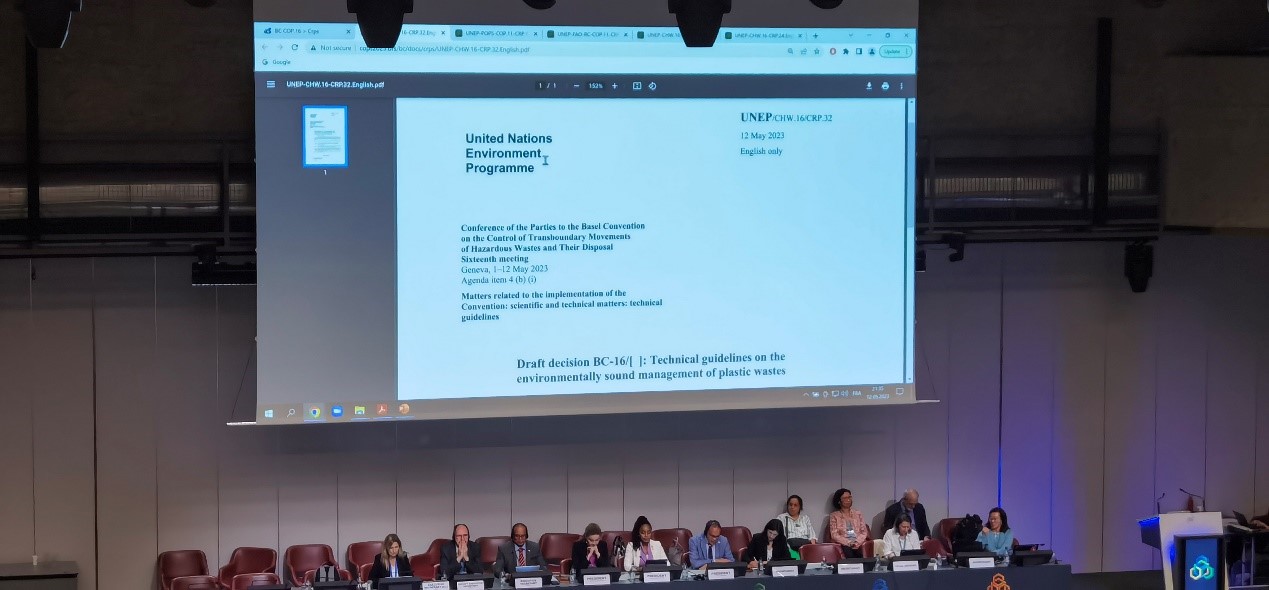
Adoption of Technical Guidelines by the Plenary on-site
The technical guidelines of the Basel Convention have been developed in adherence to paragraph 8 of Article 4 of the Convention, aiming at offering comprehensive guidance on the proper treatment, disposal, and transboundary movement of hazardous and other wastes to the parties. The environmentally sound management of wastes, as outlined in the technical guidelines, stands as a fundamental imperative within the framework of the Basel Convention.
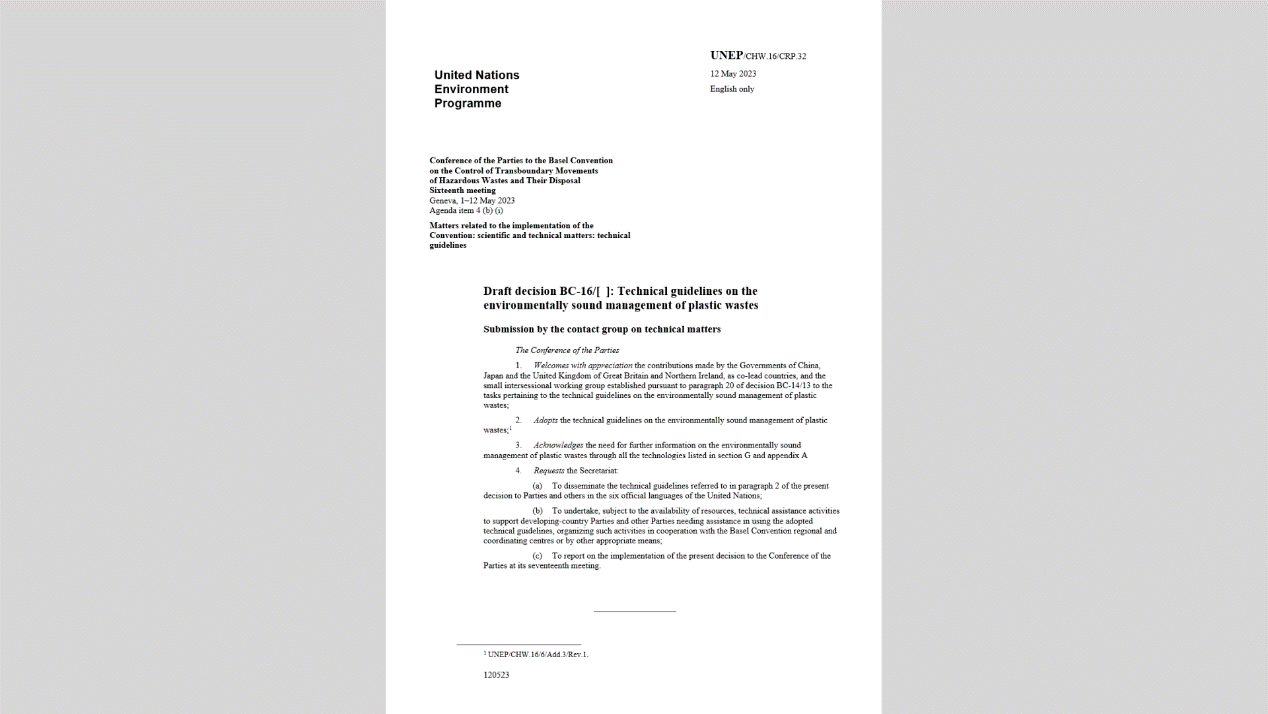
Resolution of the COP adopting the Technical Guidelines
The COP serves as the preeminent deliberative entity within the Convention. During its periodic sessions, the COP engages in in-depth discussions and addresses significant matters pertinent to the Convention’s implementation. It operationalizes proposed measures and provisions, ensuring their effective enactment. Through deliberation and decision-making, the COP plays a crucial role in facilitating the successful implementation of the Convention.
Contributed by: BCRC China



